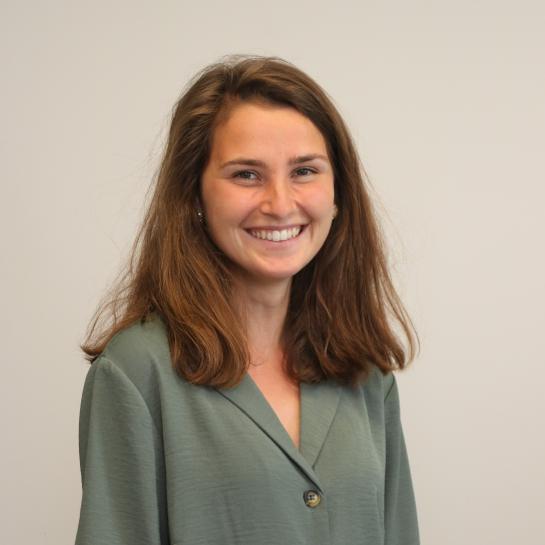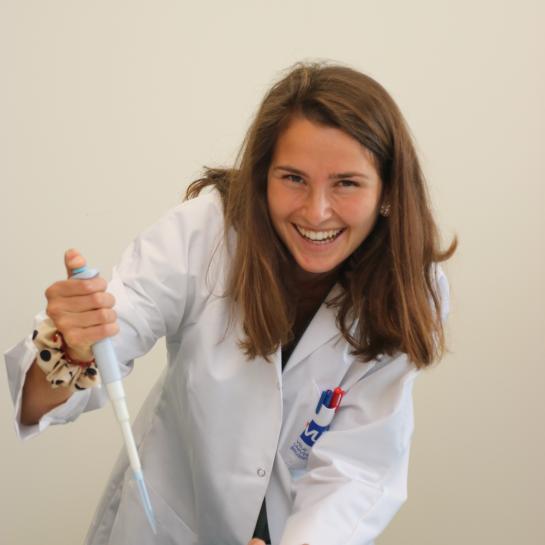

Aurélie Van Wylick
Biography
I am a PhD researcher at the Architectural Engineering Lab, the Microbiology Research Group and the lab of Physical Chemistry and Polymer Science at the Vrije Universiteit Brussel (VUB). This interdisciplinary research, funded by FWO, aims to investigate the development of durable concrete structures by promoting self-healing of the material through a microbiological approach. My interest in microbiology, and more precisely in fungi, ignited during my master’s thesis where I came for the first time into contact with these living and growing organisms in the context of mycelium composites.
Concrete is one of the most widely used construction materials. However, concrete structures suffer from severe durability issues such as material degradation and reinforcement corrosion due to the ingress of water caused by crack formation, an inherent flaw of concrete. High maintenance and repair costs are therefore unavoidable and pose a burden to the economy. Cement manufacturing and the construction sector account for respectively 8% and 40% of the global CO2 emissions, causing a high impact on the environment as well. In this research, a novel concept of using fungi is introduced, leading to more durable concrete structures where crack formation is no longer a threat for the steel reinforcement thanks to an increased resilience of the material. Very recent research shows that fungi are eligible candidates for this application; they promote the precipitation of calcium carbonate onto fungal hyphae to fill and heal the cracks in concrete. This PhD research aims for the self-healing of cracks larger than 1 mm and targets infrastructure suffering from water and chloride exposure such as tunnels, dams, bridges and marine structures. Making these structures watertight is key to prevent reinforcement corrosion, to reduce repair costs and to extend their lifespan.
Location
Pleinlaan 2
1050 Brussels
Belgium
